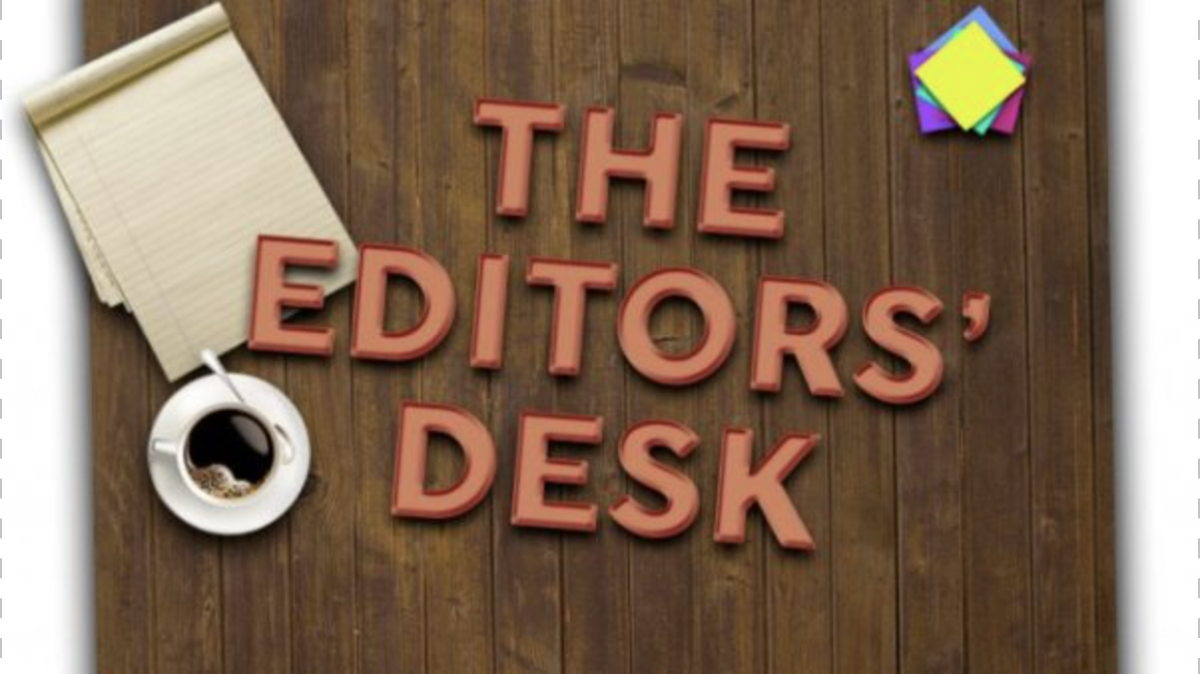Health and wellness are of utmost importance right now. We as a community have talked so much about physical health that mental health often takes a backseat to our discussions about well-being. Here at the Trinitonian, we’ve been thinking a lot about our staff and their mental health. How do we produce a paper every week but ensure that their physical and mental health is intact, all while dealing with a global pandemic?
It wasn’t easy, but the answer was obvious: we, the executive editors, had to recognize that it is our responsibility to pick up the slack if one of our staff members got sick or simply didn’t feel okay enough to write a story when bigger things were consuming their mind. The “real world” doesn’t seem to be thinking about mental well-being, and we suppose if we wanted to be “realistic,” we’d probably work our staff to the bone despite their other commitments and real-life happenings, you know, to get them ready for “real jobs.” Except working for the Trinitonian is a real job, and the “real world” could be a whole lot more empathetic.
We’ve only had our executive positions for a few weeks now, but one thing’s certain: You can emphasize deadlines and manage a communicative staff and still keep their mental health intact.
Everyone’s always talking about how harsh the “real world” is: “The real world doesn’t care about mental health,” and “the real world doesn’t care about your tears.” Well, we believe that denying college students the tools to maintain good mental health while they’re balancing classes, working for us and you know, living through a pandemic, is detrimental to everyone and serves absolutely no one.
Workplaces are falling apart because of the pandemic, people are getting COVID-19, and depression and anxiety are skyrocketing. Wouldn’t we just be the greatest editors ever to proceed with production as we would any other year? Oh, forget the mental health of our staff, but let’s go ahead and publish an editorial about balancing work and school, right? Ridiculous. Being an editor, reporter or illustrator during a global pandemic isn’t easy. Sure, our writers could decide to throw their laptop into a lake, dye their hair, impulse cut their own bangs, go into hiding in the jungle and never submit their stories to us, but instead, we trust that we’ve built an environment that would allow them to communicate their distress and concerns.
We hope that during this extremely difficult period, people in the workplace can be more empathetic to one another. We need radical empathy and communication in the workplace, and the Trinitonian needs it for the survival of the paper and for the wellbeing of our staff. We’ll do our part, and we hope the “real world” can do its part, too.

